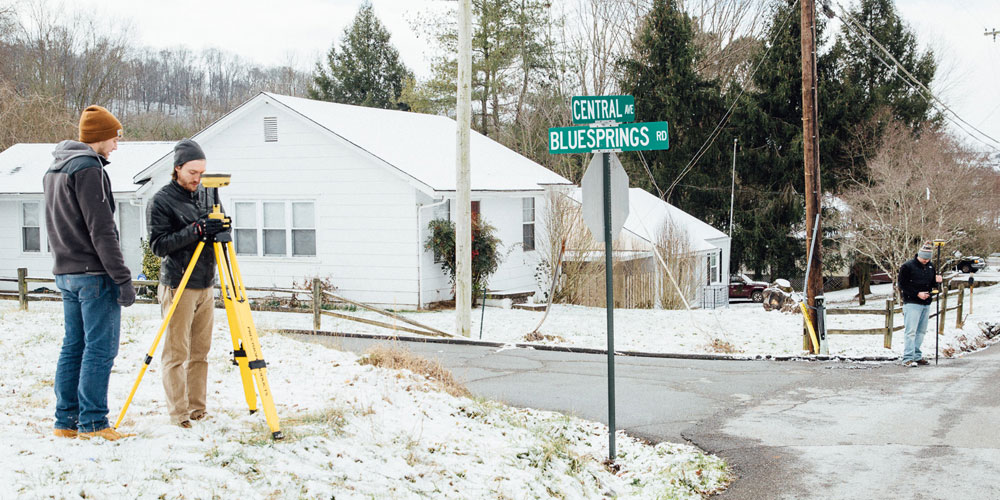Experiential learning courses are demanding for both instructor and student. Their roles are interactive and reciprocal. As faculty, there may be many ways you can incorporate experiential learning activities into your existing teaching structure, which are outlined below. You can also download our Experience Learning Resource Guide for comprehensive information on various ways to get started on implementing experiential learning in your courses or extracurricular activities.
Instructor Role
In experiential learning, the instructor guides rather than directs the learning process. The instructor assumes the role of facilitator and is guided by a number of steps crucial to experiential learning:
- Be willing to accept a less teacher-centric role in the classroom.
- Approach the learning experience in a positive, non-dominating way.
- Identify an experience in which students will find interest and be personally committed.
- Explain the purpose of the experiential learning situation to the students.
- Share your feelings and thoughts with your students and let them know that you are learning from the experience, too.
- Tie the course learning objectives to course activities and direct experiences so students know what they are supposed to do.
- Provide relevant and meaningful resources to help students succeed.
- Allow students to experiment and discover solutions on their own.
- Find a sense of balance between the academic and nurturing aspects of teaching.
- Clarify student and instructor roles.
Student Role
Qualities of experiential learning are those in which students decide themselves to be personally involved in the learning experience (students are actively participating in their own learning and have a personal role in the direction of learning). Students are not completely left to teach themselves, however, for the instructor assumes the role of a guide and facilitates the learning process:
- Students will be involved in problems that are practical, social and personal.
- Students will be allowed freedom in the classroom as long as they make headway in the learning process.
- Students often will need to be involved with difficult and challenging situations in the process of discovery.
- Students will evaluate their own progression or success in the learning process, which becomes the primary means of assessment.
- Students will learn from the learning process and become open to change. This change includes less reliance on the instructor and more on fellow peers, the development of skills to investigate (research) and learn from an authentic experience, and the ability to objectively evaluate one’s own performance.
